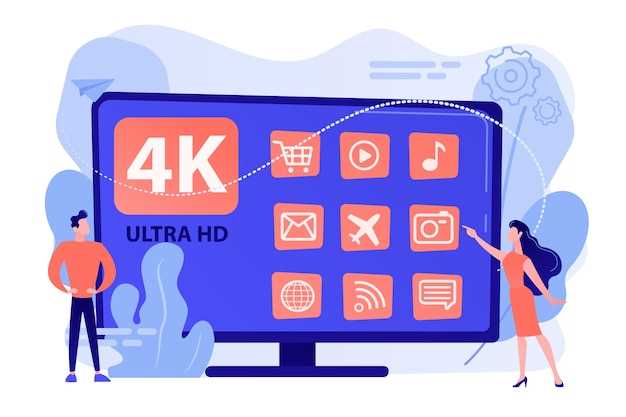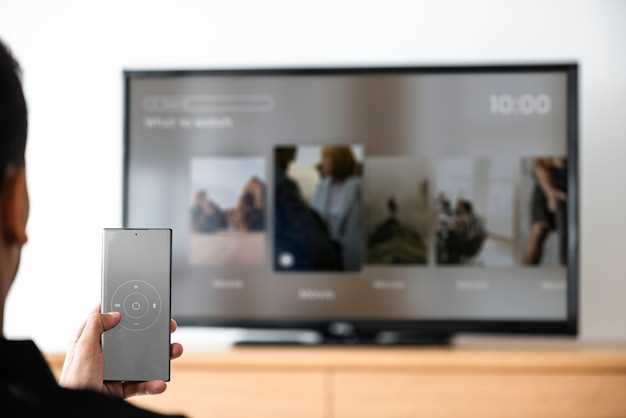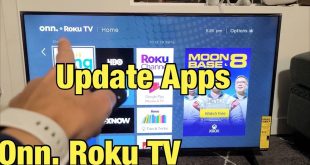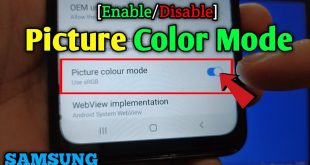
The world of streaming has become increasingly competitive, with various platforms vying for the attention of viewers. Among the top contenders are two prominent operating systems: Fire OS and Android TV. Each boasts its unique features and capabilities, offering a distinct experience for streaming enthusiasts.
In this detailed comparison, we’ll delve into the core aspects of Fire OS and Android TV, providing insights into their strengths, limitations, and suitability for different users. We’ll explore their interface, content library, app availability, and ecosystem, empowering you to make an informed decision about the best streaming platform for your needs.
Fire TV vs Android TV: A Comprehensive Comparison
Table of Contents
Digging deeper into the fiery Fire TV and its verdant Android counterpart, we delve into a comparative analysis to determine which emblem reigns supreme.
Differences in Platform and Features

The heart of these systems lies in their underlying platforms and the wealth of features they offer. The disparities between them paint a clear picture of their unique strengths and weaknesses.
Operating Systems: A Stark Contrast
Fire OS, the proprietary system of Amazon, draws heavily on Amazon’s ecosystem. Android TV, on the other hand, harnesses the power of Google’s Android OS, a behemoth in the mobile realm.
Content Catalogs: A Battle of Abundance
Fire OS boasts a well-curated selection of Amazon Prime Video content, along with access to third-party streaming services. Android TV, conversely, offers a vast array of apps, including those from the Google Play Store, granting users access to a wider ocean of entertainment options.
Integration and Ecosystem Control
Fire OS seamlessly intertwines with Amazon’s vast ecosystem, providing effortless integration with Alexa voice assistant and other Amazon devices. Android TV, on the other hand, relies on the Google ecosystem for voice control and cross-device compatibility.
Ecosystem Integration and Content Library
One crucial aspect of any streaming platform is its ecosystem integration and content library. This section delves into the respective strengths and weaknesses of Fire OS and Android TV in these two key areas.
App Selection and Compatibility
The accessibility of applications is of utmost significance for any operating system. This section presents a thorough analysis of the app selection and compatibility aspects of both platforms.
User Interface and Navigation
The user interface (UI) and navigation play a crucial role in shaping the overall user experience. This section delves into the distinct UI elements, customization options, and navigation schemes offered by each platform to help users make informed choices.
| Feature | Fire OS | Android TV |
|---|---|---|
| UI Style | Tile-based, simple and intuitive | Home screen with rows of content and apps |
| Customization | Limited options for UI customization | Extensive customization options for home screen layout, wallpapers, and widgets |
| Navigation | Uses a simple directional pad or voice commands | Navigates using a remote control, D-pad, or voice assistant |
| App Organization | Installed apps appear in the main menu | Apps organized in categories or folders on the home screen |
| Search | Built-in search functionality for apps, content, and settings | Google Assistant-powered search for apps, content, and web results |
Control Options and Device Support
Selecting a streaming platform demands consideration of its control options and device compatibility. In this regard, Fire OS and Android TV offer distinct experiences.
Price and Value Proposition

When considering the choice between software platforms for streaming devices, the cost and perceived value play a significant role in consumer decision-making. This section explores the price and value propositions of each platform, identifying key differences and highlighting the potential benefits for users.
Questions and Answers,
What are the key differences between Fire OS and Android TV?
Fire OS is a customized version of Android TV that is designed specifically for Amazon Fire TV devices. It features a simplified user interface, enhanced parental controls, and deep integration with Amazon’s ecosystem of services, such as Prime Video, Amazon Music, and Alexa. Android TV, on the other hand, is a more versatile platform that allows users to install third-party apps and customize the home screen. It also offers a wider selection of streaming services and supports Google Assistant.
Which platform has a better app selection?
Android TV has a wider selection of apps available in the Google Play Store, including popular streaming services like Netflix, Hulu, and Disney+. Fire OS has a more limited app selection, but it includes all of the major streaming services and a variety of Amazon-exclusive apps.
Is Fire OS more user-friendly than Android TV?
Fire OS is designed to be easy to use, with a simplified user interface and intuitive navigation. It is particularly well-suited for users who are not familiar with streaming devices or who prefer a more streamlined experience. Android TV offers a more customizable experience, but it can be more complex to use, especially for first-time users.
Which platform is better for families?
Fire OS has a number of features that make it a good choice for families, including parental controls, kid-friendly profiles, and access to a variety of educational and entertainment content. Android TV also offers some parental controls, but it does not have as many family-friendly features as Fire OS.
Which platform is better for gamers?
Android TV is a better choice for gamers than Fire OS. It supports a wider range of game controllers and has access to a larger selection of games in the Google Play Store. Fire OS has a limited selection of games available, and it does not support all game controllers.
 New mods for android everyday
New mods for android everyday



